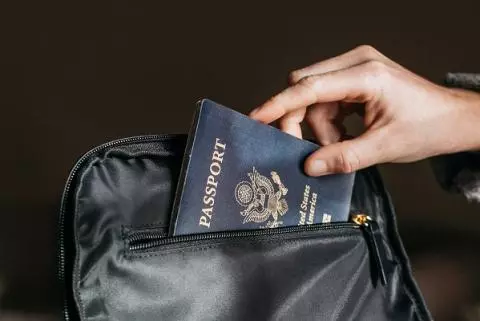Privacy and identity theft

AB 700 (2002) Data Breach Disclosure
Requires a business or state agency to notify individuals when their computerized personal data is acquired by an unauthorized source (i.e., in the event of a data breach).
SB 24 (2011) Data Breach Notification Requirements
Establishes a standard for the core content, to be written in plain language, for the consumer notification that is mandated by current law, when a consumer’s personal information is acquired through a security breach. Requires that the Attorney General be notified if more than 500 Californians are impacted.
AB 68 (2003) Online Privacy Protection
Requires all businesses that collect personal information online to conspicuously post a privacy policy. Makes it unlawful for an online entity to violate its posted privacy policy.
SB 202 (2006) Privacy for Telephone Calling Records: “Pretexting”
Outlaws obtaining a person’s phone records through fraud or deceit. (“pretexting”). Prohibits any entity from selling or purchasing any person’s telephone records without the expressed consent of that person.
SB 1411 (2010) Malicious E-personation
Makes it unlawful to impersonate another person knowingly and without consent through the internet or by other electronic means.
SB 31 (2008) Radio Frequency Identification Device (RFID) “Skimming” Ban
Makes it illegal to read and record information emitted from RFID-enabled devices without the knowledge and consent of the device holder.
SB 362 (2007) Banning RFID Implants
Prohibits the forced implantation of subdermal RFID devices in humans.
SB 1268 (2010) Electronic Toll Collection Privacy
Protects the privacy of California motorists by controlling the use of personal information that is collected and stored by governmental electronic toll collection systems. Prohibits the sale or dissemination of this personal data.
SB 445 (2011) Electronic Library Records
Updates existing library privacy law by extending statutory privacy protection to include online communications (e.g., library interactions, electronic searches, emails, courses and personal records).
SB 802 (2005) Protection of Debit Card Information
Prohibits businesses from printing more than the last five digits of a debit card number, the same protection that credit cards receive.
AB 1219 (2002) Criminal Identity Theft
Establishes a simplified legal process for innocent victims, whose names/identities have been appropriated by suspects in criminal cases, to clear their names.
SB 612 (2008) Identity Theft Trial Location
Enables the prosecution of an identity theft crime in the county in which the victim resides, as well as in the county where the theft occurred, or the county where the information is used for an illegal purpose.